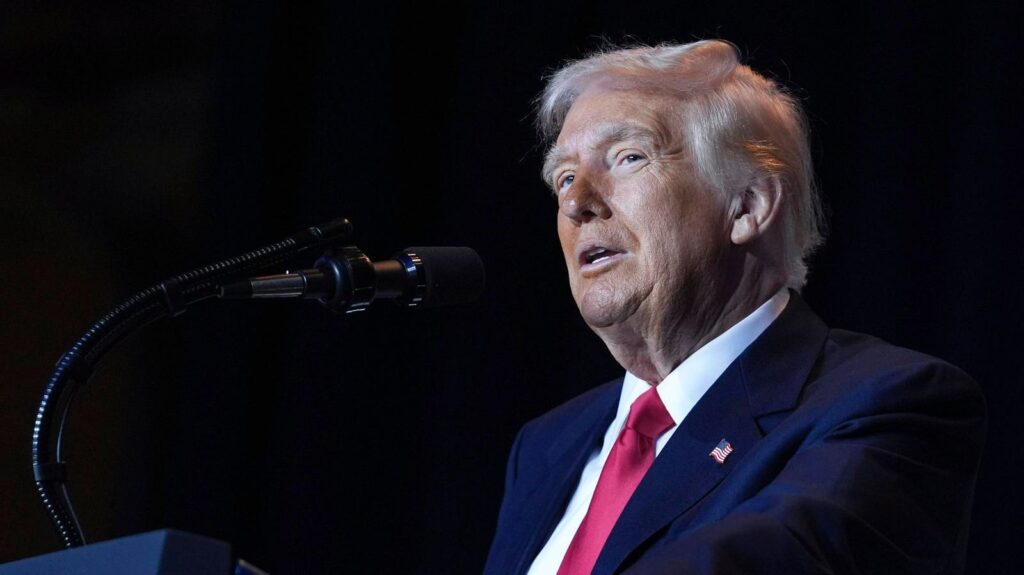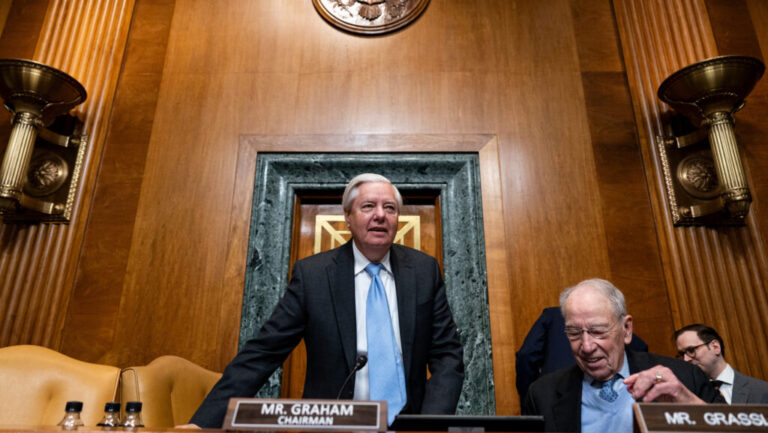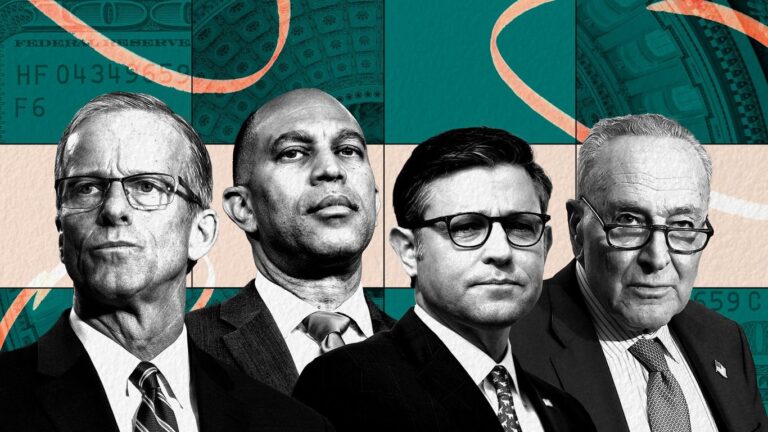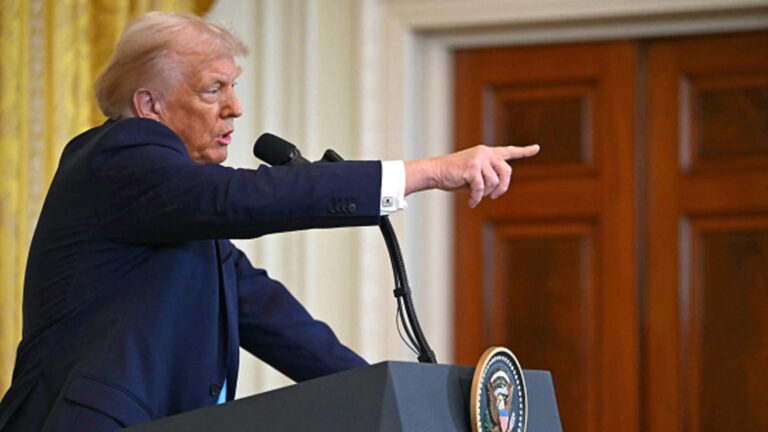
Topline
President Donald Trump has proposed ending a tax break used by private equity fund managers known as the carried-interest “loophole,” echoing his earlier calls and efforts by other presidents, including Barack Obama and Joe Biden, to abolish the break that has faced bipartisan opposition for years.
Previous presidents have called to abolish the tax perk, including Barack Obama and Joe Biden.
Key Facts
White House Press Secretary Karoline Leavitt said Thursday that Trump met with Republican lawmakers to discuss his tax priorities, including ending “special tax breaks for billionaire sports team owners” and ending the carried-interest tax break.
Carried interest is the percentage of a private equity’s investment profits that a fund manager or venture capitalist receives as compensation for their investment.
This compensation faces capital gains taxes as high as 20% instead of the federal income tax—which can be as high as 37%, depending on the person’s taxable income—allowing fund managers to receive more money.
Ending carried interest could reduce the federal deficit by $13 billion through 2034, according to estimates by the Congressional Budget Office.
Get Forbes Breaking News Text Alerts: We’re launching text message alerts so you’ll always know the biggest stories shaping the day’s headlines. Text “Alerts” to (201) 335-0739 or sign up here.
How Much Do Private Equities Earn In Carried Interest?
Private equity firms hold billions in investments that are eligible for carried-interest compensation: Blackstone Inc. reported $6.3 billion at the end of 2024, KKR & Co. reported $7.9 billion and Apollo Global Management reported nearly $1.7 billion.
What Has Trump Said About Carried Interest?
In 2015, Trump assailed hedge fund managers, claiming they “make a fortune, they pay no tax” while saying “they have to pay taxes.” Trump did not mention cutting carried interest during his latest presidential campaign, though in 2016, Trump said he would abolish the “carried interest deduction” and other “special interest loopholes.” The tax breaks benefitted Wall Street investors and “people like me,” but are “unfair to American workers,” Trump said. He reportedly told aides in 2017 that he wanted the loophole eliminated in a new tax bill, though it was not included after some Republicans opposed his demands.
Could Carried Interest Be Eliminated?
It’s not immediately clear whether lawmakers would support cutting carried interest. In 2007, President George W. Bush indicated he would veto a Democrat-led bill to abolish the tax break, suggesting the proposal would have raised taxes on the middle class. President Barack Obama called to end carried interest in 2013 and 2015, but lawmakers reportedly did not reach a consensus on tax cuts. In 2022, a provision in the Inflation Reduction Act abolished the tax perk, though then-Democratic Sen. Kyrsten Sinema—who previously supported eliminating carried interest—said she would only approve the bill if the provision was cut. Vice President Kamala Harris campaigned on eliminating the tax break, suggesting carried interest would be taxed as ordinary income.
Key Background
The “carried-interest loophole” has faced opposition from lawmakers and some billionaires for nearly two decades. Berkshire Hathaway CEO Warren Buffett—whose fortune is estimated at $148.4 billion—called on the Bush administration to eliminate the tax break in 2007, suggesting the “taxation system has tilted towards the rich and away from the middle class.” Nearly two dozen lawmakers wrote in support of carried interest in 2017, suggesting the tax break was “mischaracterized” as a loophole and its elimination would harm U.S. businesses. The National Venture Capital Association reportedly argued against eliminating carried interest, claiming in 2007 the incentive would “discourage long-term, high-risk investment” and be “extremely harmful to U.S. economic growth.”



